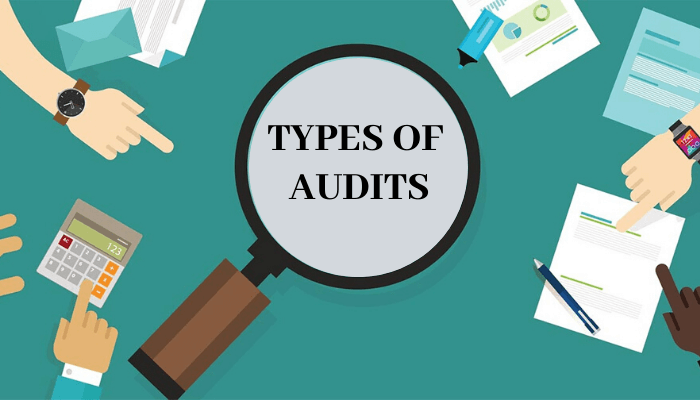What are the types of Audit, What will be Auditing Methods, How Internal Audit will be done? What are the Auditing tools or Procedures to be followed

Various Forms of Audit used by Companies:-
It is very uncommon for the companies to remain Compliant Entity in each aspect of the procedure followed by the entity.
Many types of Audit has been prescribed by a specific Tax or Legal department. Now it depends upon the company what provision is applicable mandatory to them.
Let us take an overview of Types of Audit may be required to get conduct either by Internal or External Authority.
-
Internal audit:
This type of audit is performed to determine the internal activities of the company and is carried out by internal stakeholders. The main function of internal audit is to determine whether or not the internal functions are working properly.
-
External Audit:-
For the purpose of neutrality and unbiasedness, many companies get conduct external audits with third-party firms. When an external form is employed to perform auditing, it is known as an external audit.
-
Forensic Audit:-
Forensic auditing acts as proof in that particular subject matter. This is specially used in cases where investigations of the report may be used in the court, done by a specialized accountant only.
-
Operational Audit
The intention behind the operational audit is only to improve efficiency by validating the operational steps. Accordingly, detailed analysis and studying of the goals the processes and procedures are called operational audit.
-
Sales Audit:-
To Know about the sales processes, target reviewing and stock evaluation comes under sales auditing.
-
Review of Financial Statements:-
This is a negative engagement in which auditors are engaged to review and report the financial statements of an organization. In the end, the auditor’s do not express whether the financial statements are true and correct or not
-
Financial audit:-
The analysis for the fairness and correctness of the information which is there in the financial statements is called financial audit.
Financial audits are conducted to know the financial stability of the organization, especially the ones which are in the public domain.
-
Value for Money Audit:-
When it comes to determining effectiveness economy and efficiency value for money audit is the way to check if the resources that are purchased are at good quality at low cost.
-
Information Technology Audit:-
This audit is performed to check the reliability of security systems and security structures. This has become very important since most of the transactions are carried out using information technology. Right from ATM machines to Internet Banking where a large amount of money is transferred via computer auditing of information technology is crucial for every financial organization. Most of the organizations provide both IT Audit and financial audit.
-
Statutory Audit:-
The auditing that is required by law for local authority about particular financial statements for a specific type of entity is called statutory audit. The common examples of statutory auditing are banks. All banks’ financial statements are required to be audited by my proper audit firms which are approved by the Central Bank. Statutory audit is conducted only after approval by higher authorities and for the submission to official authorities.
-
Tax Audit
Tax Audit is required to be conducted when the Assessee Turnover for the relevant Financial Year exceeds Rs.1 crore as per Sec 44 AB of Income Tax Act, 1961. However in the case of Assessee opt for Presumption Taxation scheme then if his turnover exceeds 2 crores, then only he required to get Tax Audit.
-
Environmental Audit:-
The main objective behind performing an environmental audit is to determine the resource viability in the Environment and how does the large corporation manages it. An environmental audit is usually done by large corporations or not for profit organizations for the government that is the public sector. It ensures that the environment is not damaged beyond a certain limit because of the organization
-
Special Audit:-
The main rationale behind conducting this Audit is to get Clarity and transparency for operations. The Central Government is empowered to direct special audit in certain cases where generally the Company’s Financial Viability and Bankruptcy is checked along with the interest of Stakeholders of the Company.
Further, Under the Gst law, Special Audit is also directed by the Central Government and its Terms, Remuneration, and Duration will also be determined by the Central Government. Chartered Accountant or Cost Accountant are nominated by the Central Government for operations
